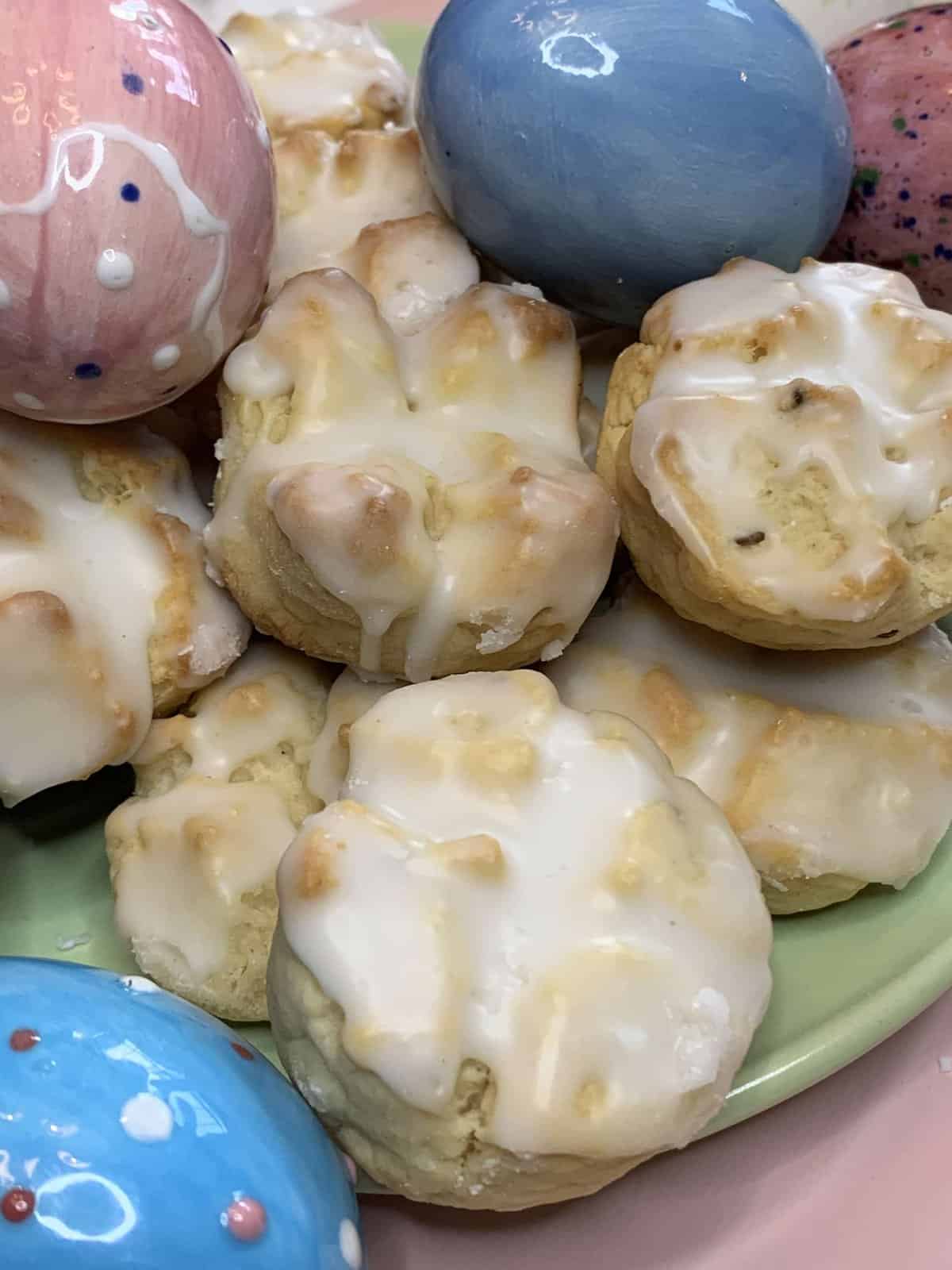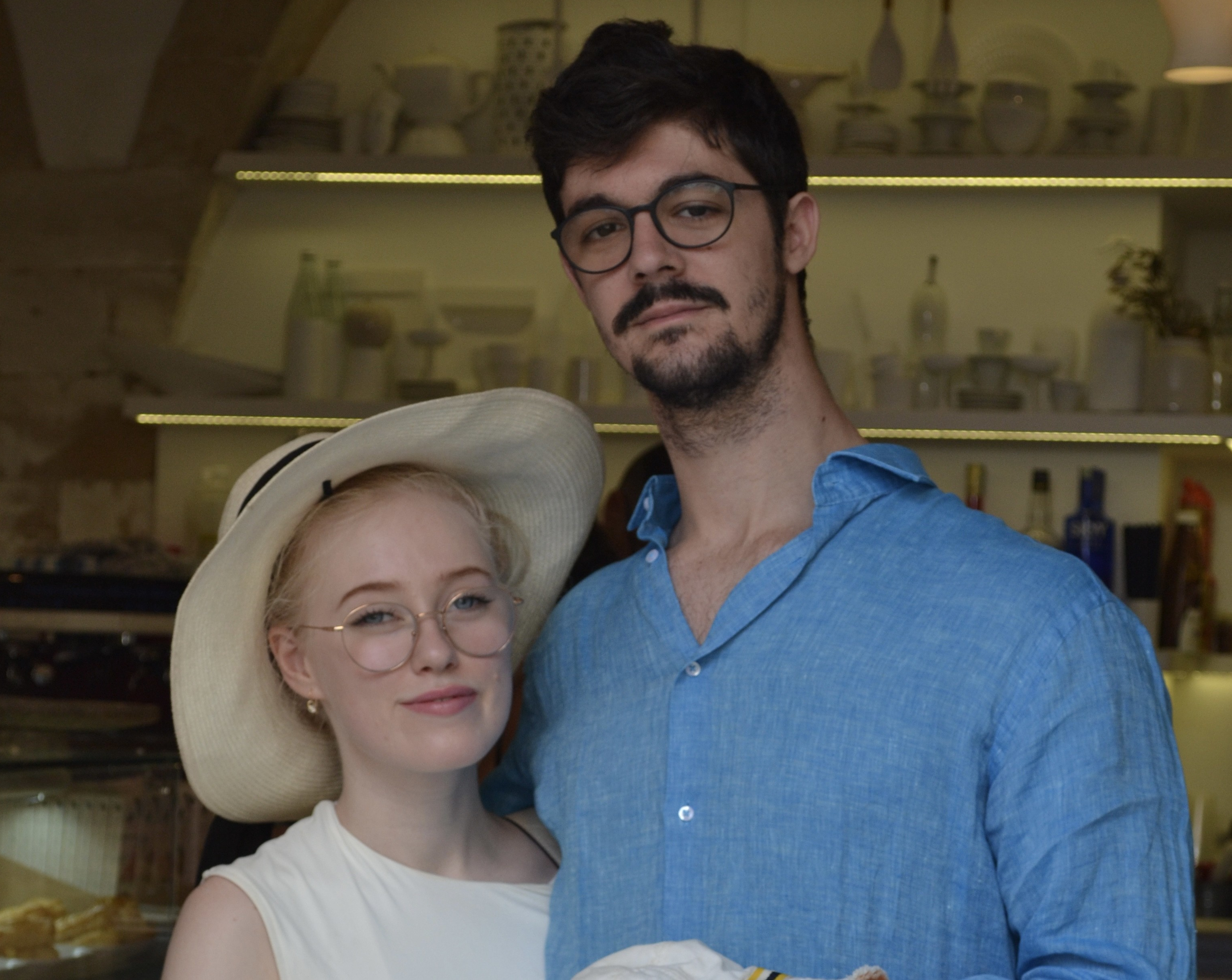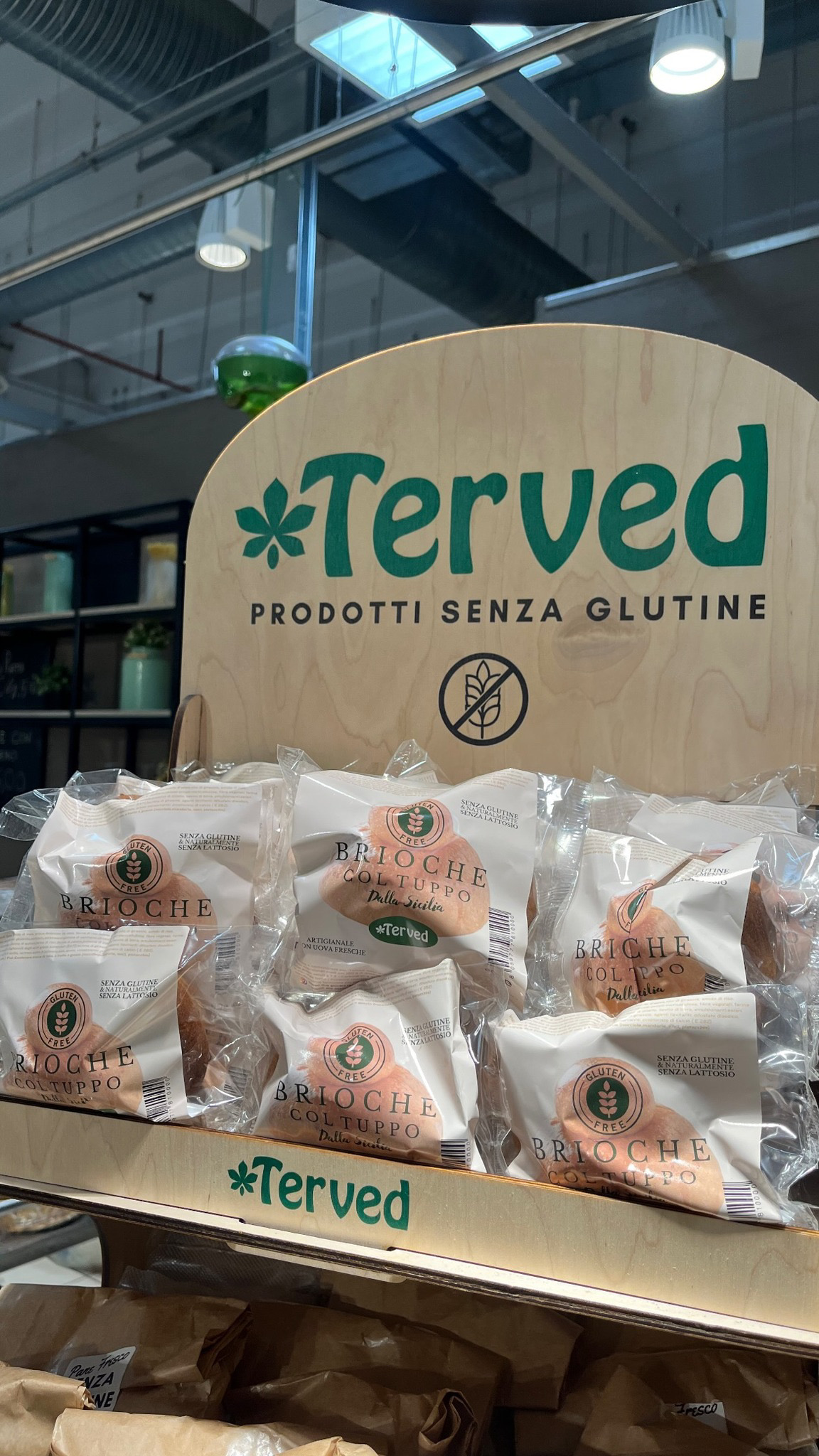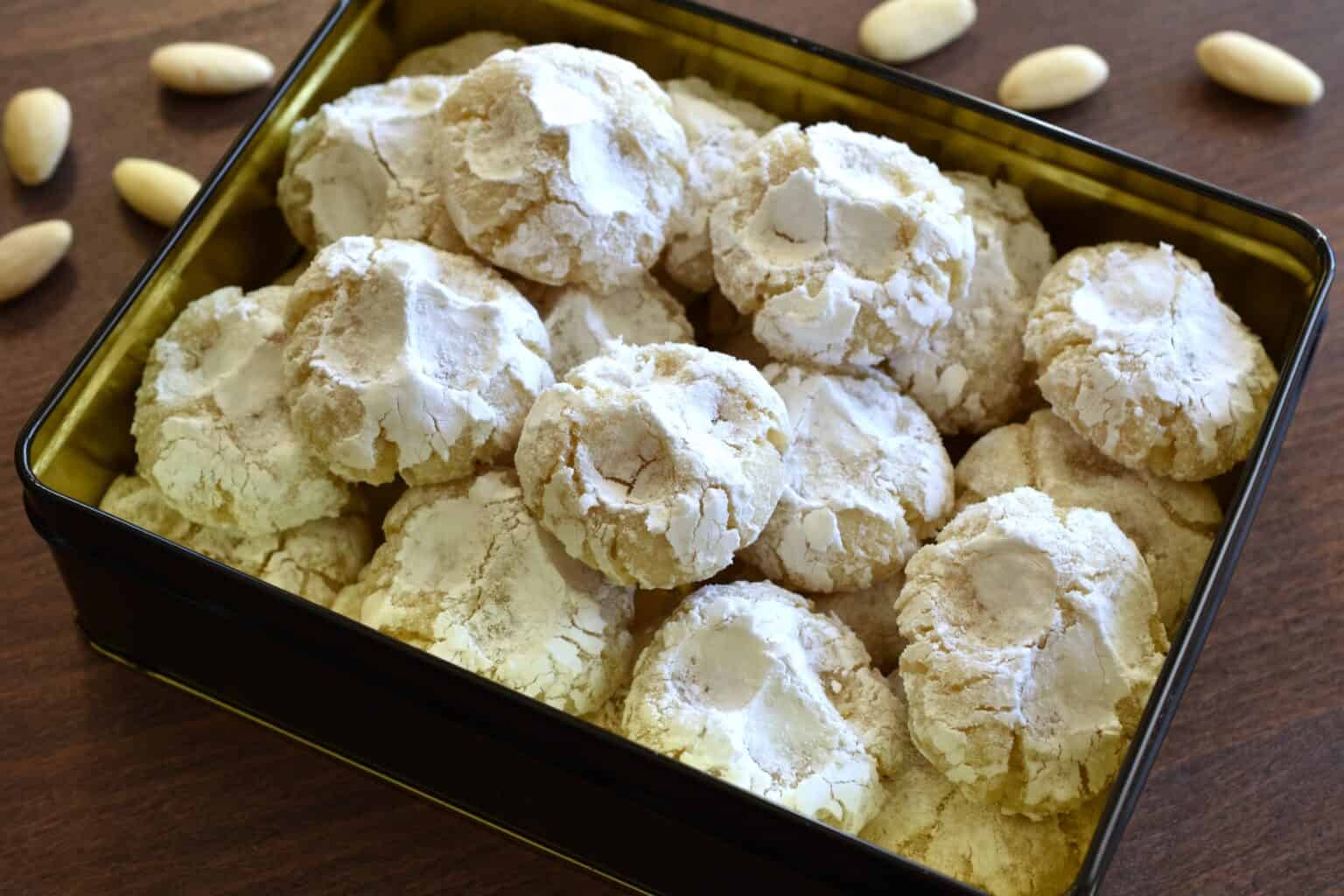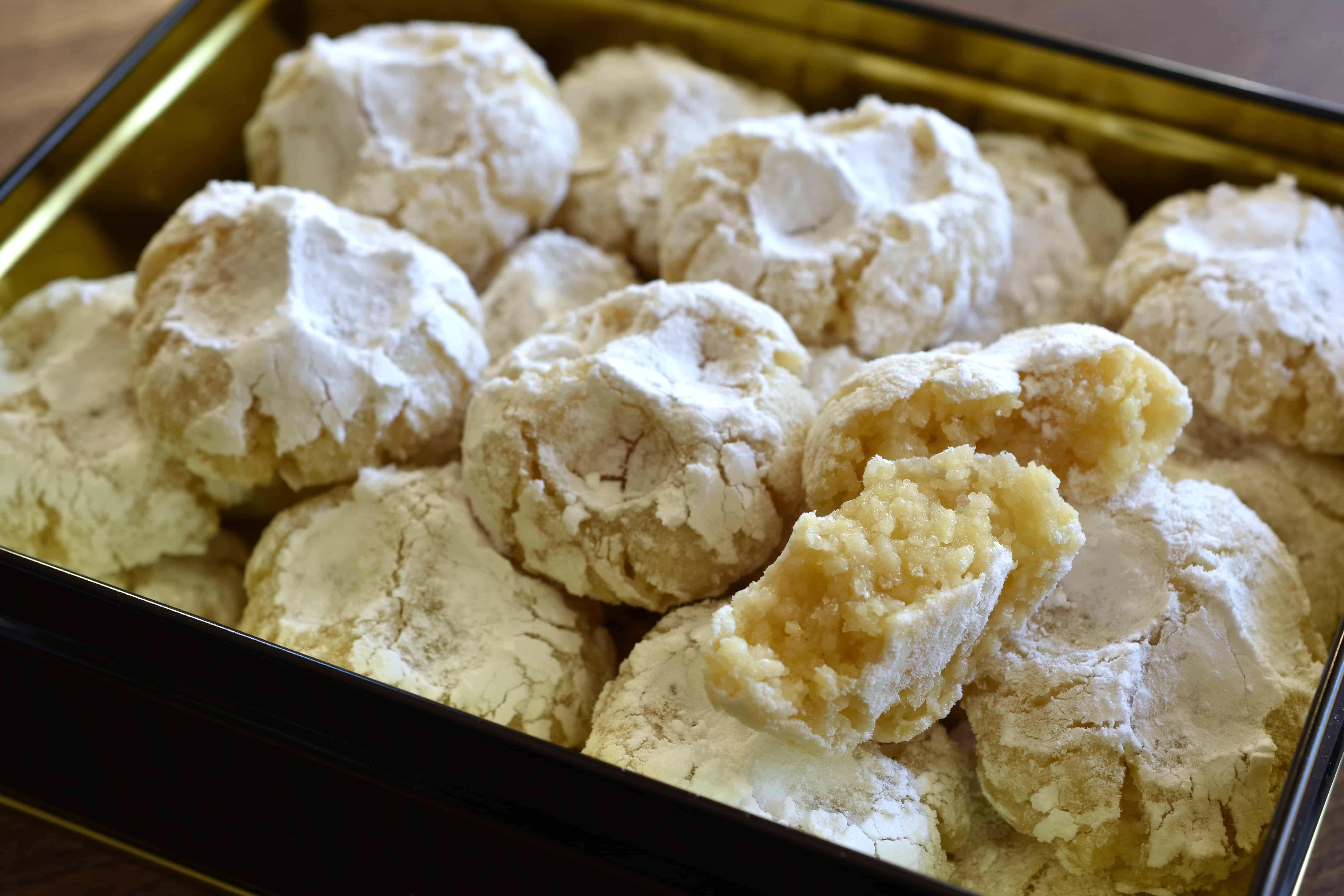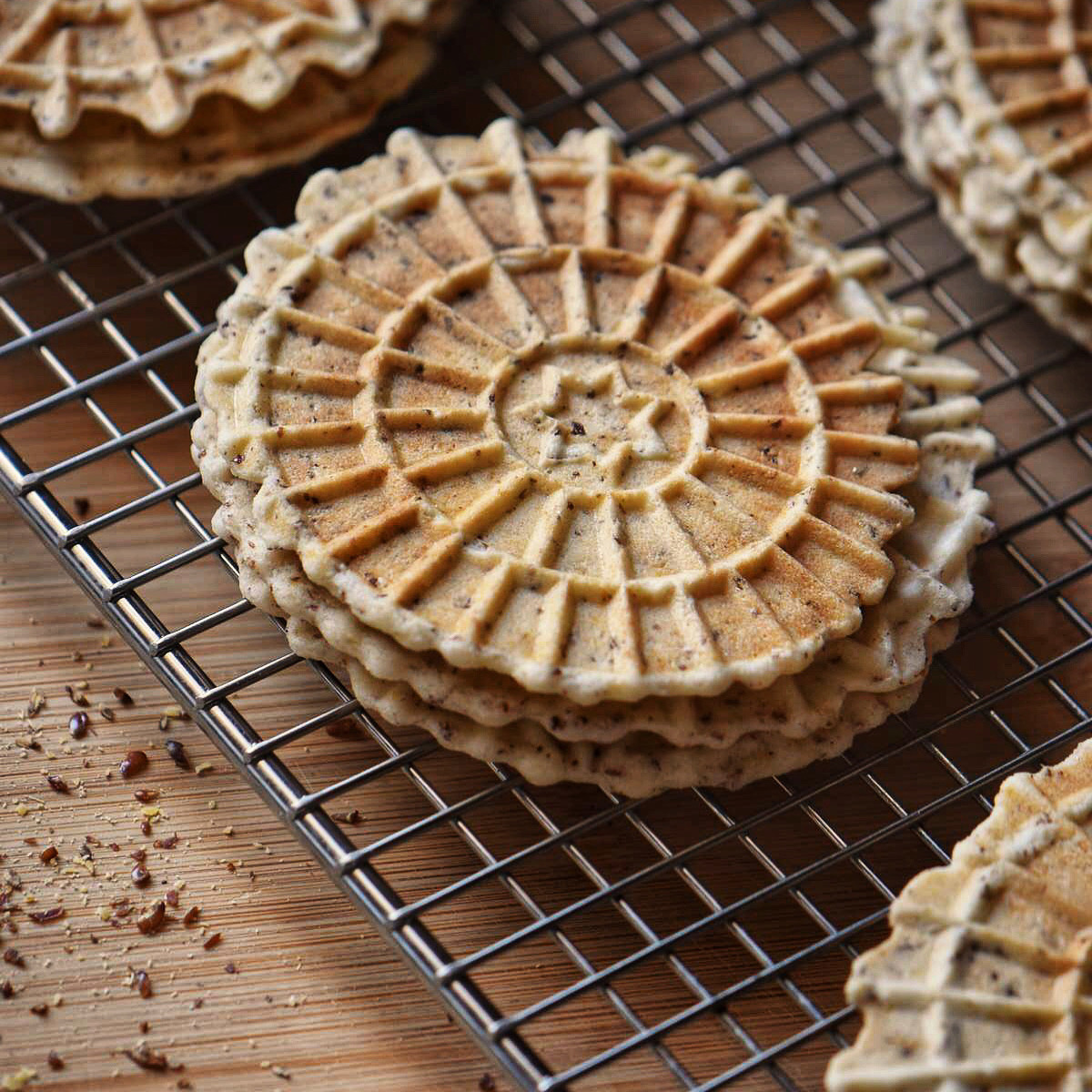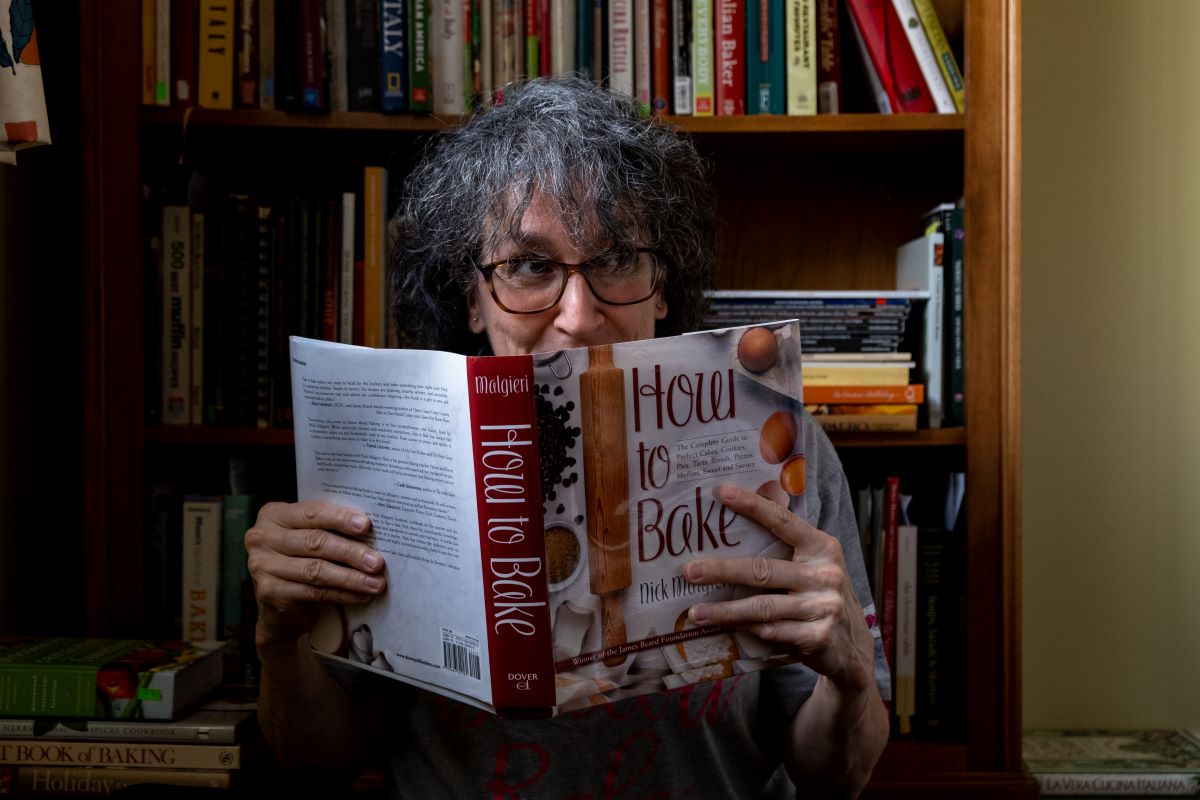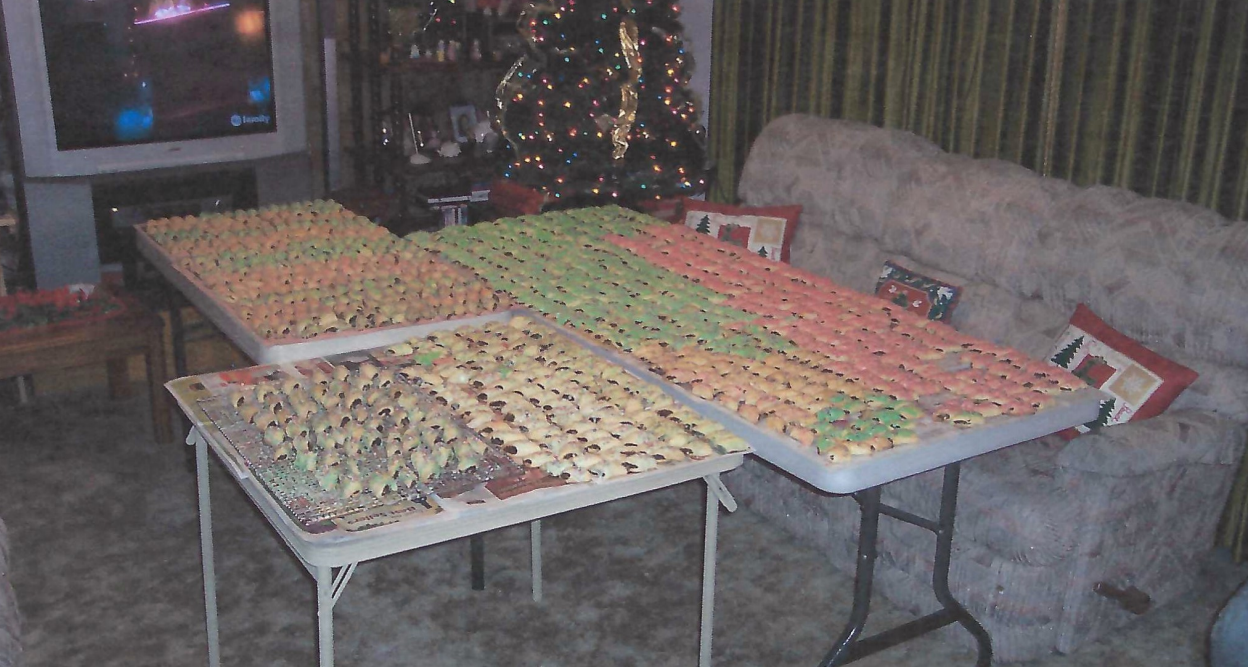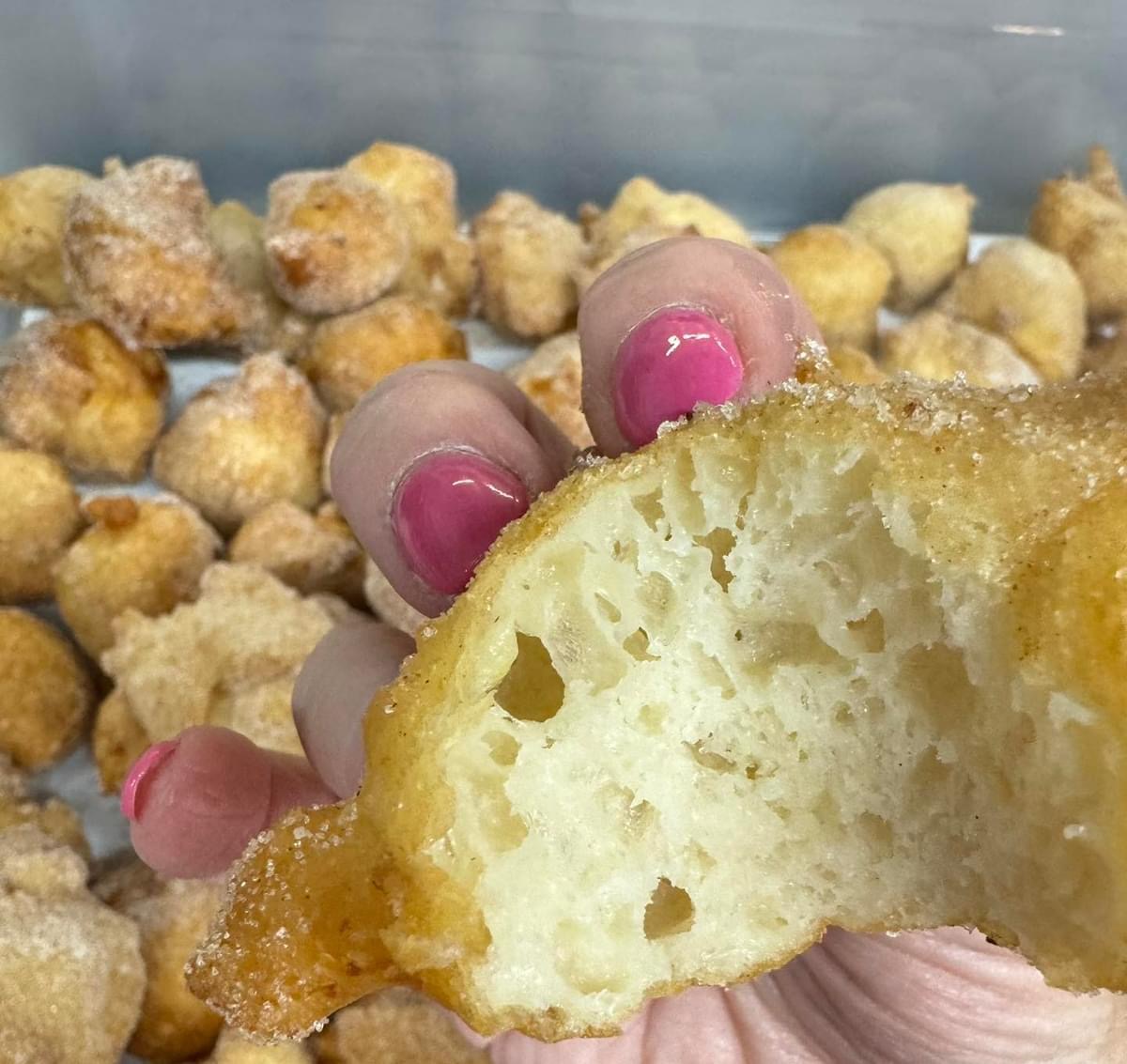The tradition of La Settimana Santa, Holy Week, brings people out of their homes to watch and participate in various daily processions of statues through the streets. It's also a time to enjoy sweet bread, often flavored with anise, which is typical of the Lenten season. Among the favorite bread recipes is pani di cena—really cookies—which are shaped like crosses. While this "bread" is often served on Holy Thursday, you can enjoy pani di cena year-round.
Food writer Enza Whiting features a pani di cena recipe on her blog, Enza's Quail Hollow Kitchen. Enza was born in Palermo and lived in the town of Valledolmo for the first four and a half years of her life.
We discussed pani di cena and what Enza hopes her family and readers will take away from her recipe.
Tell us about your pani di cena recipe.
My grandmother made these cookies for us when we were kids. She would shape them, cutting them in the shape of a cross. They were always served on Good Thursday, right before Easter.
It was a Sicilian tradition in the church that the elders made these cookies. They would have these church communities or church groups aside from the priests, and whoever was the head of that community or that committee for that year would make these cookies for all of the other members of the committee. So they would make the pani di cena.
They were always made on Good Thursday, and they would get a sugar lamb. It was part of the tradition that they sacrificed for their community by creating these cookies and giving them out in all the towns.
My mother told me the story about when my great-grandfather was the elder, and it was his turn to make these. My grandmother was maybe 15 or 16 years old, and she was the one who made them all.
They didn't all have ovens in their homes, so the town had ovens that everybody would use. All the women would get together, bake the cookies, and then take them to the ovens to bake them in their local oven. I guess that's how they used to make their bread, too, because they didn't have ovens in their homes; they had to use a public oven to bake their bread. So it was very communal.
The other thing my grandmother would do for us was make the little crosses, but then she would also make pupa cu l'ova using the same dough. She would put a colored egg in it and bake it. My favorite thing on Easter was getting the hard-boiled egg with my cookie.
Pani di cena is actually more of a cross between bread and a cookie. My grandmother's recipe is more of a cross between bread and a cookie. I call it a cookie; my mother calls it bread. When you bite into it, it is somewhat crunchier on the outside and tender on the inside. However, the inside has more of a soft cookie texture than the texture of bread that you would normally think of as soft bread. It is made with yeast. So, it is a yeast recipe, but the texture is different from that of some of the breads you will see.
Why did you start Quail Hollow Kitchen?
Being Italian, food is a big part of your tradition. It's how we celebrate things; it's how we communicate with each other.
I remember when we were kids, we had dinner together as a family every night, and my mother would make meals with whatever she had in the kitchen or the refrigerator because there wasn't a lot of money growing up. So, they had to be creative and use what they had available. But dinnertime was always sacred. That was a time when we sat down as a family.
My dad was really big into talking to us about what was going on in the world because he wanted us to really understand what was happening around us and how it impacted us. During those dinners, my parents also spent a lot of time talking about where they came from, what life was like for them growing up, and how different it was for us here because it was important that we appreciated all the sacrifices that happened to get us to where we were.
So, for me, food and our traditions have always been really important. We continue to talk to our kids about those things because I don't want them to forget about their heritage, their history, and what life was like for other people so that they can enjoy the things that they enjoy today. We do all of that around food. It always seems to be the center of these family functions, celebrations, and communications.
I started Quail Hollow Kitchen mainly because my grandmother had passed away, and I was really worried that as my mom was getting older, I was going to lose all of her recipes. So she was able to carry on my grandmother's traditions with food, and I wanted to be able to somehow memorialize it so that even when I'm gone, my kids can still have access to all of that information. And it's named Quail Hollow because that is the street that I live on.
When I got into it, I realized that I really enjoyed all the different aspects of this website. So it's grown from there, but it still centers around all of our Italian dishes and foods, and really makes sure that all of our Sicilian foods are front and center, somewhere our family has access to.
What do you hope at-home bakers will take away from this cookie recipe?
Personally, for my family, because it's been a part of our family, and we have made this every year for as long as I can remember, I hope they understand that this has been handed down for many generations.
For other readers, I hope that they want to try it because it may be different from something that they're used to. Maybe they will learn something about how other people have enjoyed foods around the Lenten holiday and Easter that might be different from how they've celebrated it.
It's really about keeping that Sicilian heritage and history going. I have other blogger friends who do similar things within their cultures. I think many of us out there hope that as the world continues to progress, we don't forget some of the things that made our families what they are.
>>Get Enza's recipe here!<<
If you enjoyed this article, consider subscribing to my newsletter for more content and updates!

